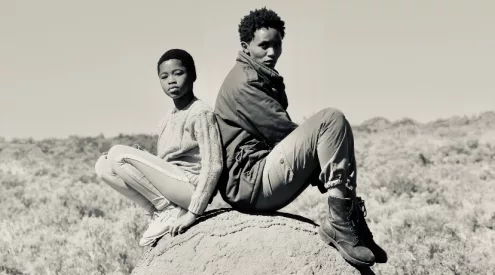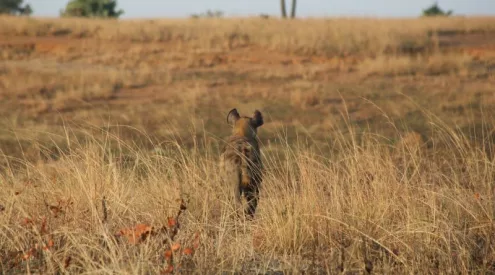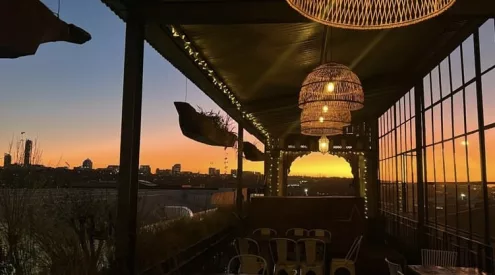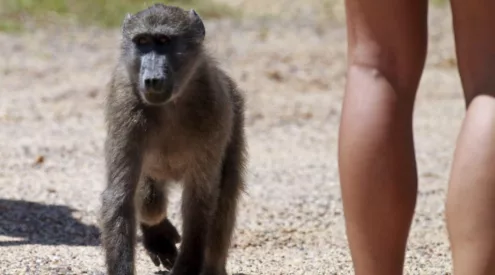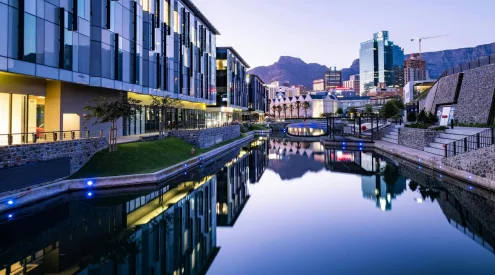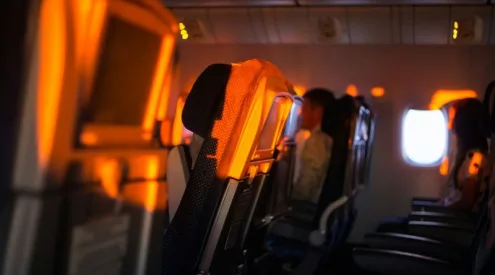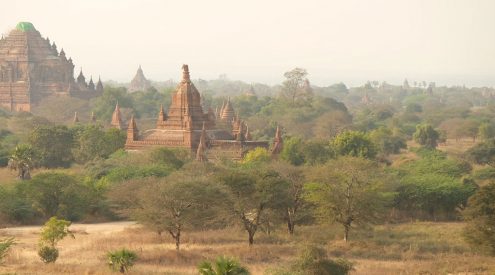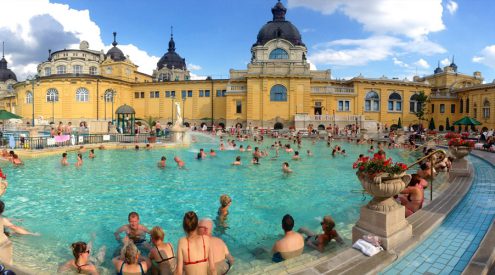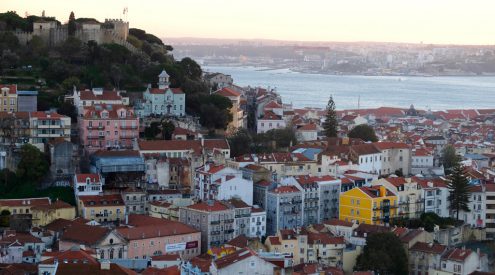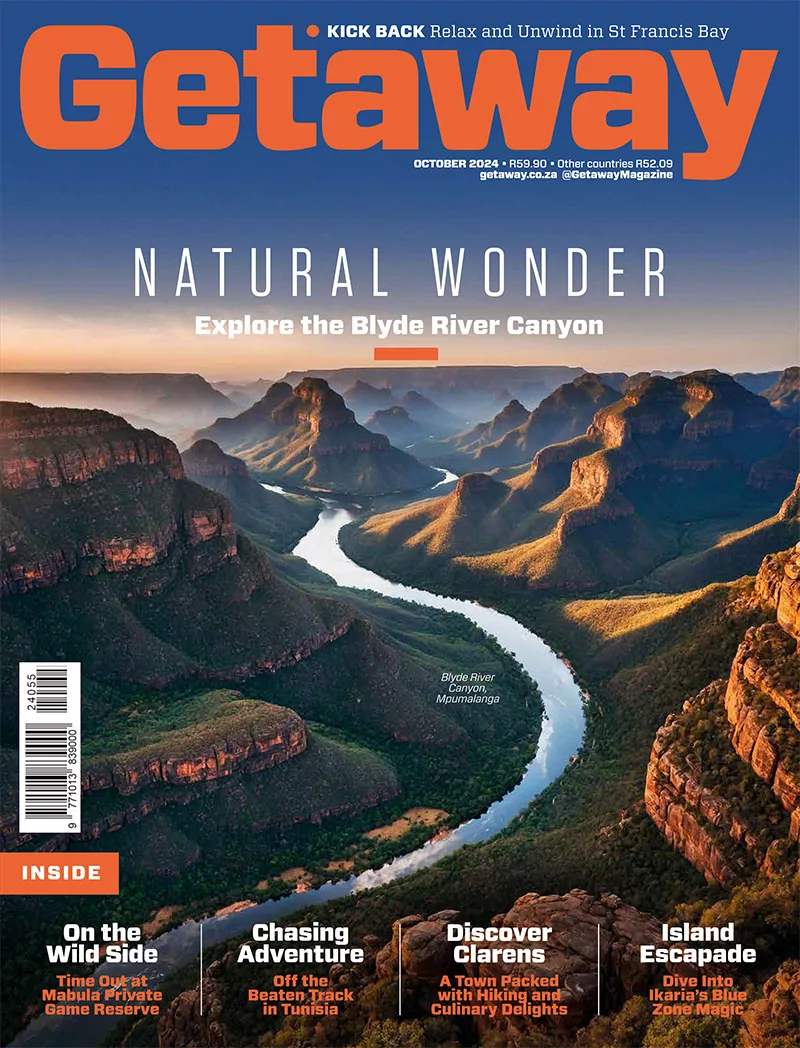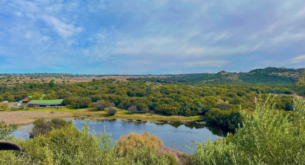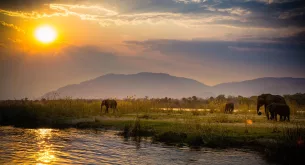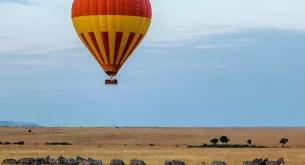Tuscany is so famous we all have a bank of images of its sprawling landscape. Many iconic movies have been filmed there – A Room with a View, Under the Tuscan Sun, Life is Beautiful, A Midsummer Night’s Dream, Stealing Beauty … just to name a few.
In short, Tuscany is the Italy of our imagination – a place of rolling hills in soft green and sunshine; of medieval towns, ancient villas and farmhouses; of olive trees, vineyards and rustic food. It’s a place that makes you want to wrap your hair in a silk scarf, don a pair of Ray Bans and cruise the countryside in a convertible, or drink wine and jump into a dripping fountain while you sing about love.
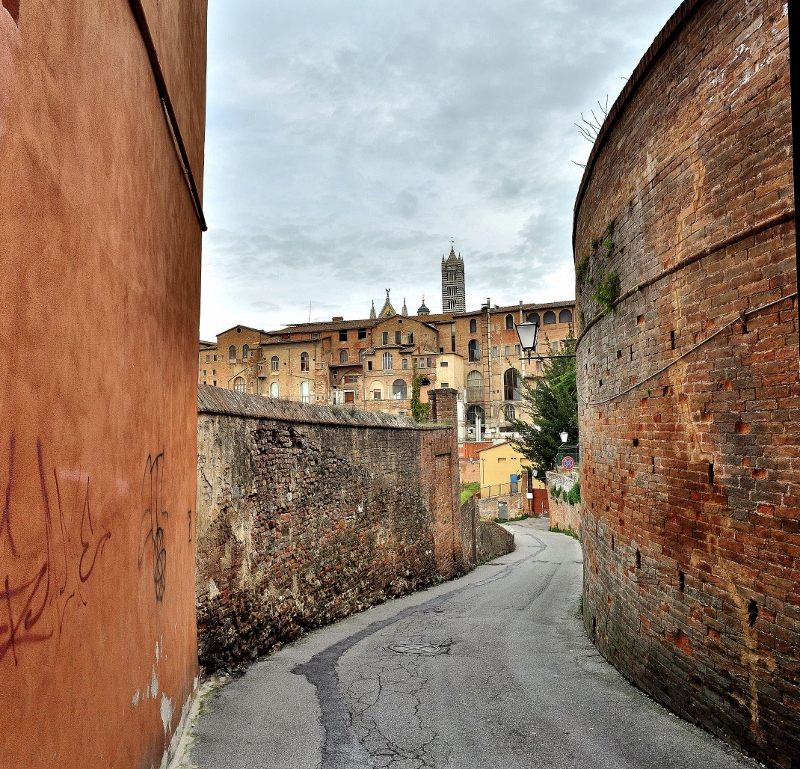
Siena Gates
For me, seeing it in person for the first time was even more amazing than I imagined.
The most important thing travellers need to know about a visit to Tuscany is that a car is absolutely essential. Seeing the landscapes of Tuscany – and taking time to stop off and wander medieval villages in between wine and olive oil tastings – is really what Tuscany is all about, and there’s no realistic way to do this unless you have your own transportation.
Tourists mostly concentrate on Florence and Siena, and it’s easy to understand why – these are some of Italy’s most beautiful towns.
Siena, Italy
The ancient centre of Siena is still surrounded by medieval gates and walls, and her narrow streets all seem to lead to the Piazza del Campo’s scalloped slopes where the clock tower of the Torre del Mangia looms 102 metres above, where the din of restaurants and the trickle of fountains are the soundtrack to young lovers kissing in the moonlight, and where the Palio – the town’s famous bareback horserace – takes place each year.
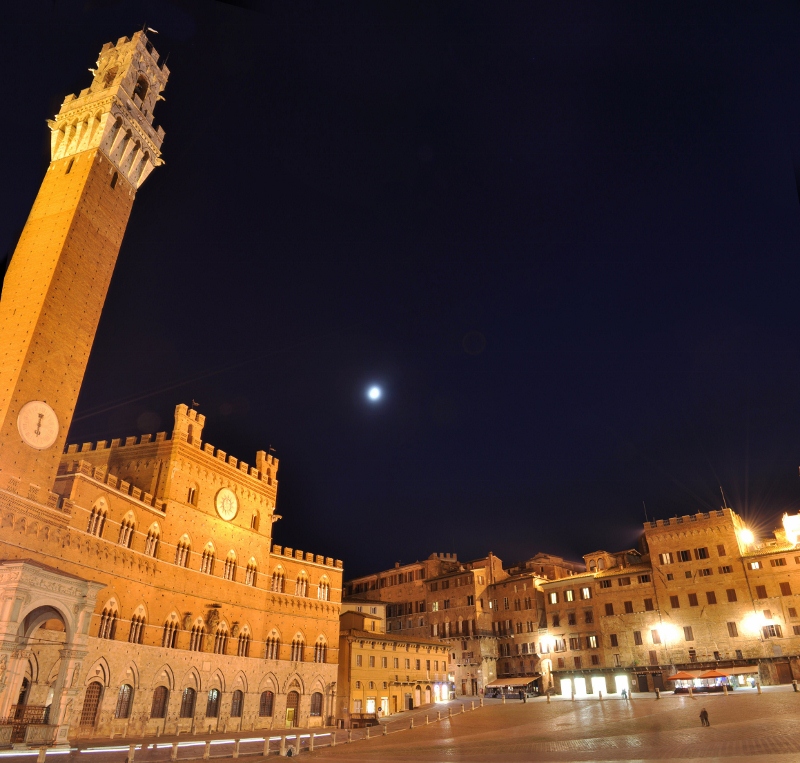
Siena Torre del Mangia
Dating back to the 17th century, the Palio is a competition between Siena’s 17 contrades (wards), with the race seeming to dominate the city since Siena is perpetually preparing for it, participating in it, or celebrating it with tremendous pageantry. Victors parade around the city every Sunday for six months afterwards, playing music and relentlessly waving their silk banner trophies.
Things to do in Siena
While you’re in Siena, don’t miss the chance to visit the Enotecca Italiana. Housed in the ancient Medicean Fortress, you can tour the underground cellar with its dramatic vaulted ceilings and brick walls, participate in a tutored wine tasting with a qualified sommelier, and sample some of its 1600 wines from all over Italy. If you can’t find it here, you might not find it anywhere.
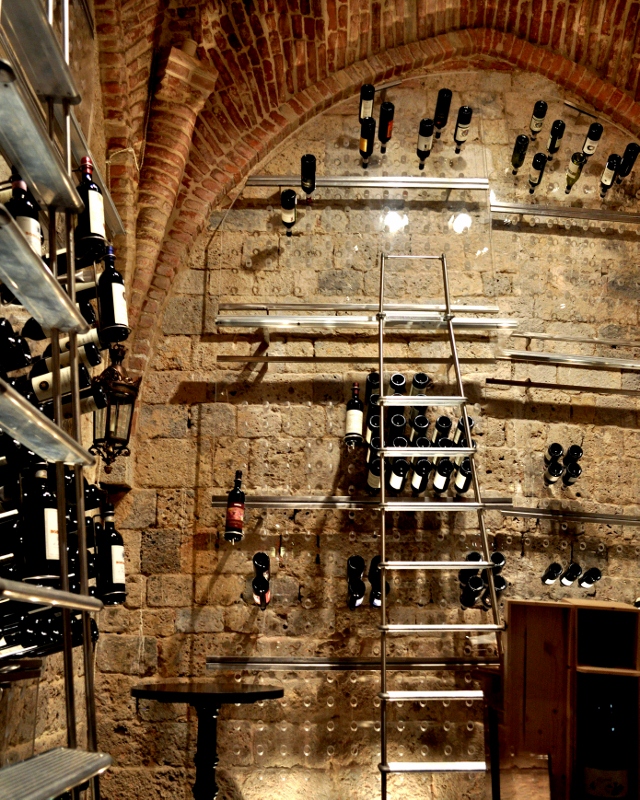
For the finest regional goods fresh from the farm – cured meats, cheeses, wines, olives, and more – pop into the Consorzio Agrario where you might meet some of Siena’s top chefs stocking up on ingredients. The shop has its own deli and bakery, so it’s a great option if you are looking for a snack on the run (the gourmet pizza by the slice is incredible) or a picnic that you can enjoy while you people-watch outside Siena’s famous Duomo.
If time allows, Lella Cesari Ciampoli offers an authentic Tuscan cooking class that will change the way you look at Tuscan food. A bit of a local celebrity, Lella has made regular appearances on Italy’s local and national television networks for decades. She started her cooking school (the only one in Siena) in 1994 to “preserve the Sienese and Tuscan traditions of our grandmothers’ recipes.” Join in the evening course and you’ll spend 5 fun hours participating and learning how to make the classics – like Pici pasta made from scratch, sauces and soups, Tiramisu and Marzapanetti (Siena’s famed almond biscuits) – all while sipping wine and chatting with Italian speaking Lela through her English translator. Afterwards you get to eat the fruits of your labour.
Where to stay in Siena
For an absolute splurge that will make you feel like Sienese royalty, indulge in a few nights at the Grand Hotel Continental. Carefully positioned within a seventeenth century palace, this is the only five-star hotel located in the heart of the city’s ancient centre. Inside, the building’s atrium is framed within a modern glass shell, and the ceilings sing with authentic frescoes. Ask for a sneak peak at the hotel’s climate-controlled wine cellar in the medieval heart of the building. Festooned with orchids, my room was a double-story suite, complete with an upstairs lounge, marble bathrooms and dramatic views over Siena. After a night of opulence here, chances are good you won’t pass on the Prosecco served at breakfast.
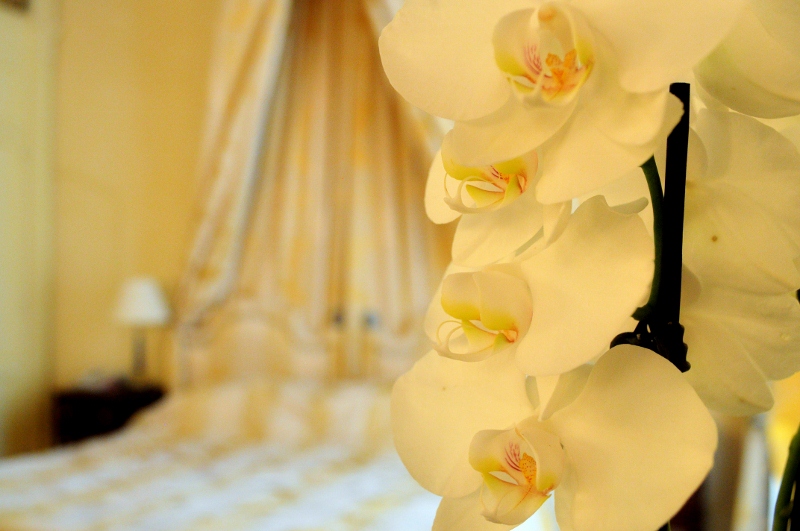
Florence, Italy
The birthplace of the Renaissance, Florence – or Firenze (a word that reminds English speakers of ‘fire’) – has a dramatic past filled with the celebration of artistic excess, the submission to religious chastity, and an enduring commitment to the excellence of craftsmanship. It’s also one of the most picturesque cities in Italy.
This is the place where greats like Michelangelo and Donatello honed their artistry. Later the infamous Friar Girolamo Savonarola shook the town by its proverbial neck for its ‘loose morals,’ burning books and art like a pyre in his infamous ‘Bonfires of the Vanities,’ driving the artistic greats away from the city (eventually, he was excommunicated by the Pope, and gruesomely hanged and burned in the very same spot of the city’s main square). This is the city whose great cathedral dome was higher and wider than any other one ever built, the erection of which was a structural feat never before attempted in the world.
Things to do in Florence
A day here can be spent wandering the narrow streets taking in the architecture of the buildings and piazzas, climbing to the top of the dome of the Florence Cathedral for magnificent views over the city, or visiting some of the most remarkable museums in the western world. In fact, an entire day could be devoted to the Uffizzi Gallery Museum (once the private collection of the Medici family), where you can see original masterpieces by Leonardo da Vinci, Raphael and Titian. A stop at the Galleria dell’ Accademia to marvel at the Statue of David – hovering above you with muscles and veins that seem alive with his stoney blood – is an absolute must.
If you’re shopping (or even just looking) the Scuola del Cuoio (the School of Leather) is a real find. Tucked inside the Santa Croce Church off the main thoroughfare, go here if you are looking for authentic craftsmanship and premium quality. The workshop is literally on display, with goods being hand-cut, hand-assembled and hand-stitched right before your eyes by masters and apprentices alike in a row of leather-working booths. Products are proudly displayed for sale, at a good price, of course.
Another shopping must is a stop at the Pharmacy of Santa Maria Novella. From candles and lotions to washes and potions – this is the place for organic, handmade herbal body care products that continue a tradition started by Dominican friars in the 16th century.
Wander up to Piazzale Michelangelo and watch as the sun sets over a panoramic view over Florence, including the Ponte Vecchio.
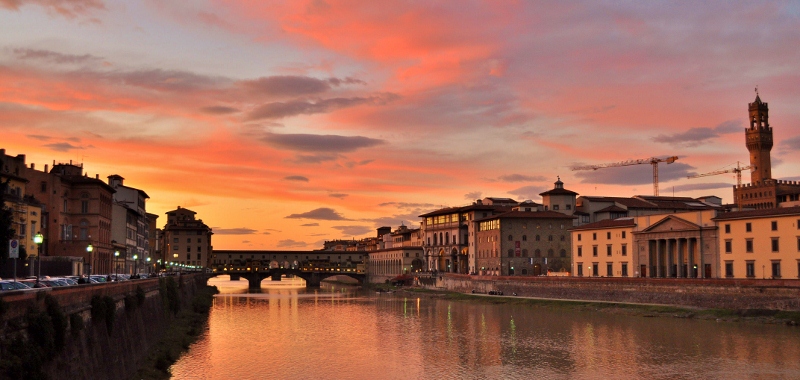
If you feel a tinge of sadness as the sun goes down on your time in Florence, you might want to follow the tradition of Il Porcellino (a bronze sculpture of a boar) dating to 1766. Just feed him a coin and rub his snout to guarantee your future return. The glean of his perfectly polished snout (in stark contrast to the rest of his body) is proof that this is a popular practice indeed.
Where to stay in Florence
JK Place, a boutique hotel located in the Piazza Santa Maria Novella in central Florence, features stunning modern interiors – a refreshing change to the classic look of many Italian hotels. Guests are privy to the hotels Essential Guide of Florence, their unique take of the inside track on the best activities in town, the lounge is open to anyone for a gourmet Tuscan lunch, and the rooftop terrace offers panoramic city views.
The winelands
A tour of the winelands is an absolute ‘must’ in Tuscany – and between Siena and Florence is Chianti, just begging for a sip of your attention. I highly recommend Angela Saltafuori’s small group wine tours where your guide is a professional sommelier and food expert. The full day Chianti Classico tour lets you explore the region with a drive through the scenic countryside on your way to cellar tours and wine tastings. I really enjoyed the chance to learn – and taste – the difference between the world-popular Chianti Classico and much lauded (and very expensive) Super Tuscans. We also sampled freshly pressed olive oils, wandered through the walled village of Greve, and stopped in San Gimignano for a full lunch at a family-owned trattoria.
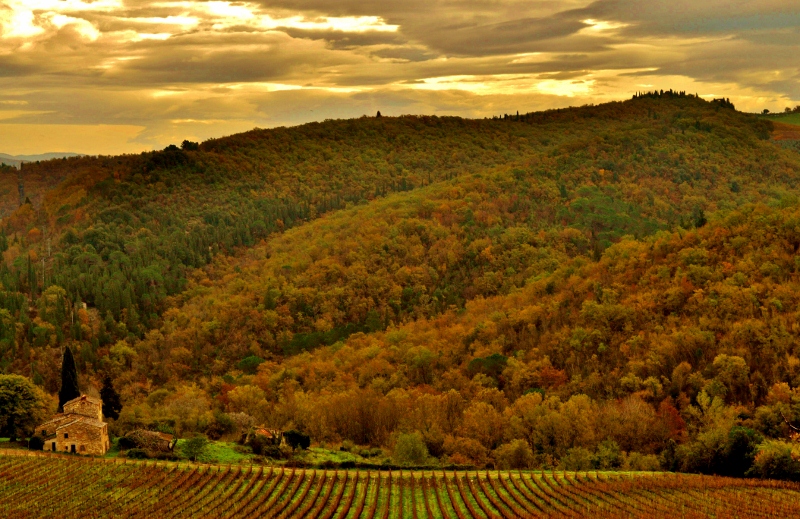
If you’re having trouble taking all that in, here are the highlights – things not to miss while you’re in Tuscany.
Top Ten Things to Do in Tuscany
Visit Siena’s Enotecca Italiana
Sip your way through a wine tour in Chianti
Slice, dice and eat your way through a Tuscan cooking class
Spend an afternoon cruising the countryside (convertible optional)
Visit the Florence School of Leather
Sip a Super Tuscan while you people watch in Siena’s scallop-shaped Piazza del Campo
Marvel at the life-like features of the statue of David or wander the halls of the Uffizzi
Wander up to Piazzale Michelangelo and watch as the sun sets over a panoramic view over Florence, including the Rialto Bridge
Spend an afternoon in San Gimignano or visit the Leaning Tower of Pisa
Get lost with gelato in hand while you wander the streets of Florence – pay a visit to Il Porcellino to ‘guarantee’ you’ll visit again
Tip: If you like the idea of a self-guided tour, the Rick Steve’s Audio Tours for Europe are excellent. Free on iTunes and easy to listen to you on your iPod, they are packed full of facts about things you might otherwise walk right past, transforming a stroll around places like Florence into an enlightening experience.
Need to Know
Italian Schengen visas are required for South African passport holders – most people have to apply in person at the Italian consulates in Pretoria, Joburg and Cape Town. Currently the application is priced at R995 (this is subject to change). Your passport must be valid for at least 6 months after your return date, with a minimum of two blank pages.
Getting There
Getting to Tuscany is surprisingly easy with many airlines offering regular departures, good connections and affordable prices – especially in the low season (November and February) when the crowds are minimal. For the best price, fly from Johannesburg to Rome where you’ll undoubtedly want to spend some time (Touring the Vatican and Sistine chapel). To get to Siena from Rome, take the SENA rapide bus, or to get to Firenze from Roma Termini travel in style on the high-speed Trenitalia Train.
What it Costs
Budget-wise, your best option is to fly into Rome (a great place to spend some time exploring) and transfer to Tuscany from there. Flights from Johannesburg to Rome on Turkish Airlines in the low season average approximately R7229.
Where to Eat
If you’re on a budget, choose accommodation that provides breakfast, and, while you’re touring eating on-the-go is a convenient and tasty option. Stop into a deli and make your own picnic, or try a slice of pizza; while dining in restaurants (especially ones located in prime tourist zones) can add up pretty quickly.
Feeling inspired to take a trip to Italy? Marvel at the ancient wonders in Rome, visit the gravity-defying Torre de Pisa, cycle across the Tuscan hinterland and explore charming canals and alleyways in Venice on a 15-day Best of Italy travel package.


